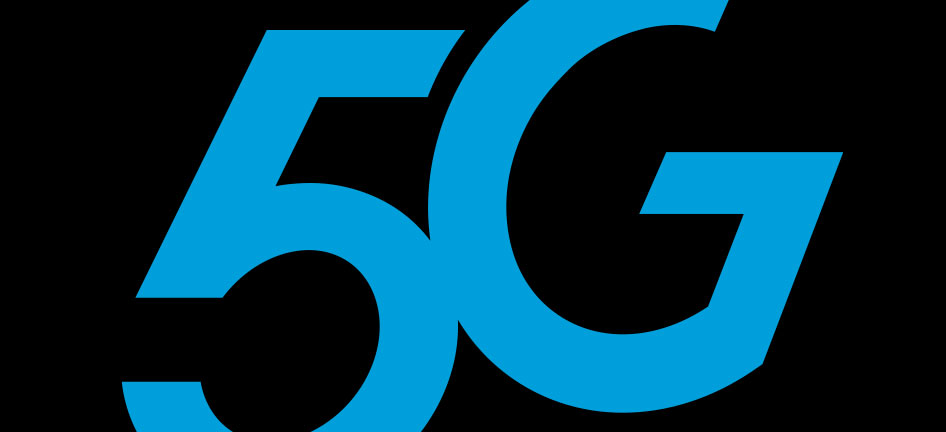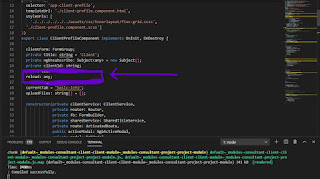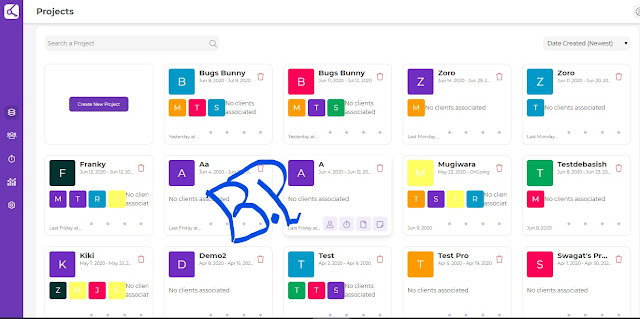5G Could Bring Back the Hotspot
Some of the most frequent complaints I get from readers are about mobile hotspots. Either their carriers don't have a good one (T-Mobile), or they won't make them affordable to use (AT&T). In any case, people want to take broadband on the road, and they want to know why they can't.
And yes, there are reasons to use a dedicated hotspot rather than the hotspot mode on your phone. Hotspots support more devices, they typically have dedicated data plans, they have much longer battery life, and they have security features like on-device VPNs that can be harder to configure on smartphones.
 |
| Add caption |
Ashish Sharma, CMO of Inseego—formerly Novatel Wireless, the maker of MiFis—understands the frustration. Ultimately, the MiFi business ran into trouble when carriers didn't offer the service plans consumers wanted.
"The economics of 4G data just wasn't there. The market tried really hard. We all tried really hard, [but consumers] don't want to be restricted in how much data they can use, and this is what sort of became a little bit of a roadblock in taking that market to the next level," he said.
5G may change that. Verizon intends to use 5G for home internet, which it says won't have 4G-level data caps. AT&T has said it will initially launch with a hotspot-like "puck" product. Inseego is working on 5G hotspots, 5G home modems, and even convertible portable devices with home cradles, Sharma said.
"We are developing those form factors. The technology we are putting in the hotspot will become the anchor technology in the home router solution," he said. "If you will, look at that as your personal broadband connection on the go."
And while Sharma has received "no assurance" from carriers about unlimited data plans, the economics of 5G are so different from 4G that it may make hotspot service affordable.
"They're looking at 5G as truly a transformative technology," he said. "They want to go compete with the cable guys. That's major."
Right now, Verizon and AT&T offer high-quality hotspots, including MiFi units, but they charge more for service than Sprint and T-Mobile do. Sprint and T-Mobile both only offer slower, lower-quality hotspots.
Sprint "will have a great play in 5G with the premium 2.5GHz spectrum they have," Sharma said. "They have a great opportunity to be different versus where they have been, with hotspots and mobile broadband technologies."Some of those slower hotspots have been provided by ZTE, and ZTE may be effectively banned from the US market for seven years. While Inseego doesn't operate at the low end of the market where ZTE has sold its products, Sharma said, that still "opens up much more opportunity" for MiFis.


Comments
Post a Comment